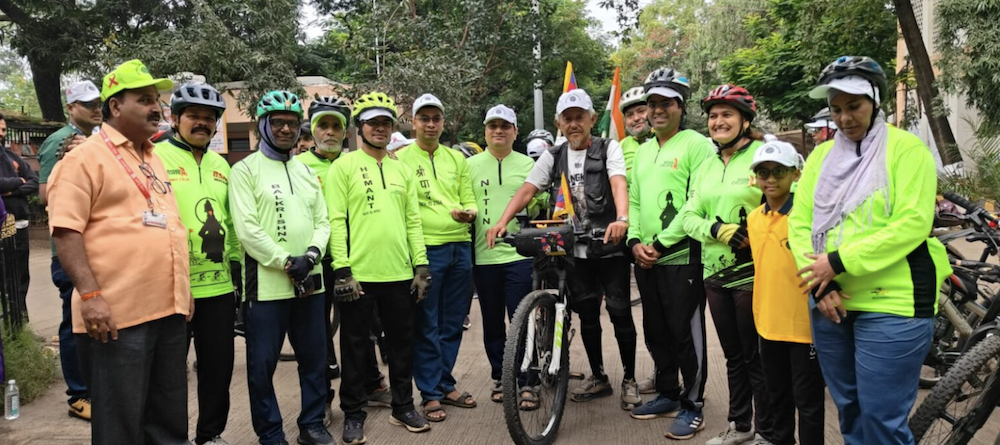Tsering Dhundup
DHARAMSHALA, Oct. 24: A Tibetan man has been sentenced to more than two years in prison for his role in a scheme to file fraudulent asylum applications for profit, according to a report released by U.S. Citizenship and Immigration Services (USCIS) on Wednesday.
Tenzin Norbu, 56, was sentenced to 27 months in prison and ordered to pay $170,000 in forfeiture for participating in a conspiracy to commit immigration fraud and make false statements on asylum applications submitted to USCIS. The sentence was issued on October 15 by Judge Kimba M. Wood of the U.S. District Court for the Southern District of New York.
The conviction followed a joint investigation by USCIS, U.S. Immigration and Customs Enforcement’s Homeland Security Investigations (HSI), and the U.S. Attorney’s Office for the Southern District of New York. The agencies worked together for more than three years to uncover the scheme.
According to court filings, between 2007 and 2018, Norbu and others prepared and submitted dozens of asylum applications that included fabricated narratives claiming the applicants were Tibetan and could face persecution if returned to China-controlled Tibet. Investigators said Norbu sold these services to clients for about $5,000 each and instructed them on how to answer questions about the false stories during interviews.
Norbu left the United States for Canada as law enforcement began investigating the scheme. After almost five years of thwarting extradition proceedings, he was finally extradited to the United States. A federal grand jury indicted him in March 2024, and he pleaded guilty in May 2025 to one count of conspiracy to commit asylum fraud and make false statements, in violation of 18 United States Code, section 371.
The US government estimated that Norbu earned approximately $170,000 from the fraudulent activity, which was ordered forfeited as part of his sentence.
Officials said the case affected nearly 100 individuals, leaving some with uncertain immigration status. Some applicants reportedly had valid asylum claims even without the fabricated narratives, while others may have received asylum based on the false applications.









